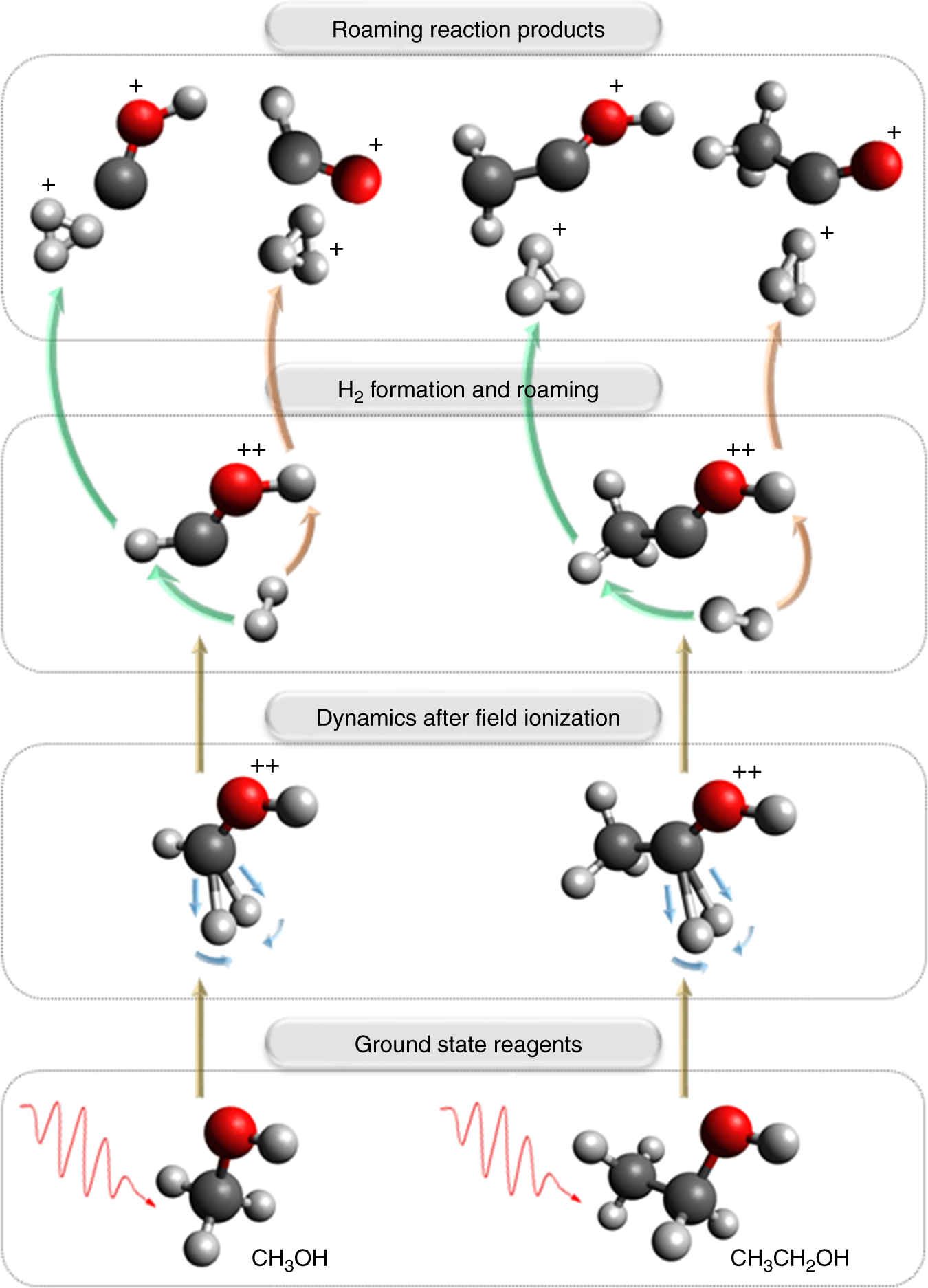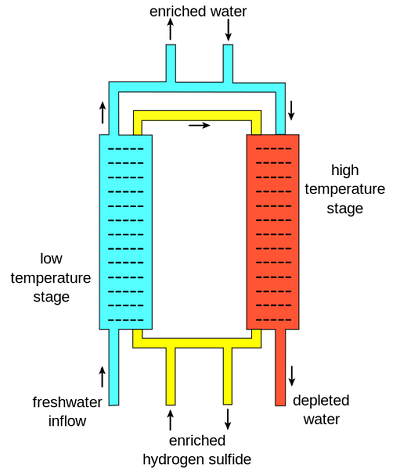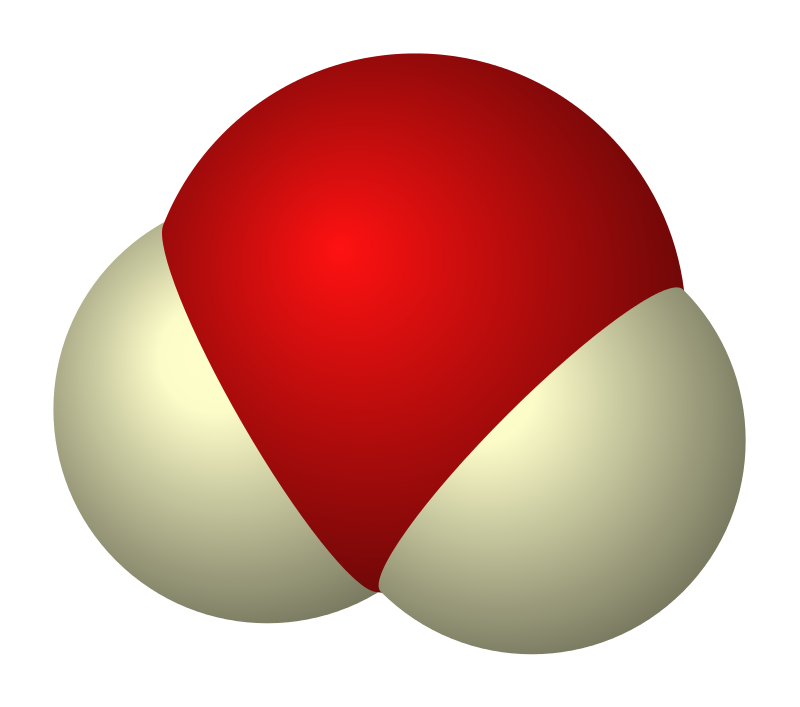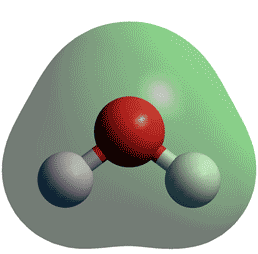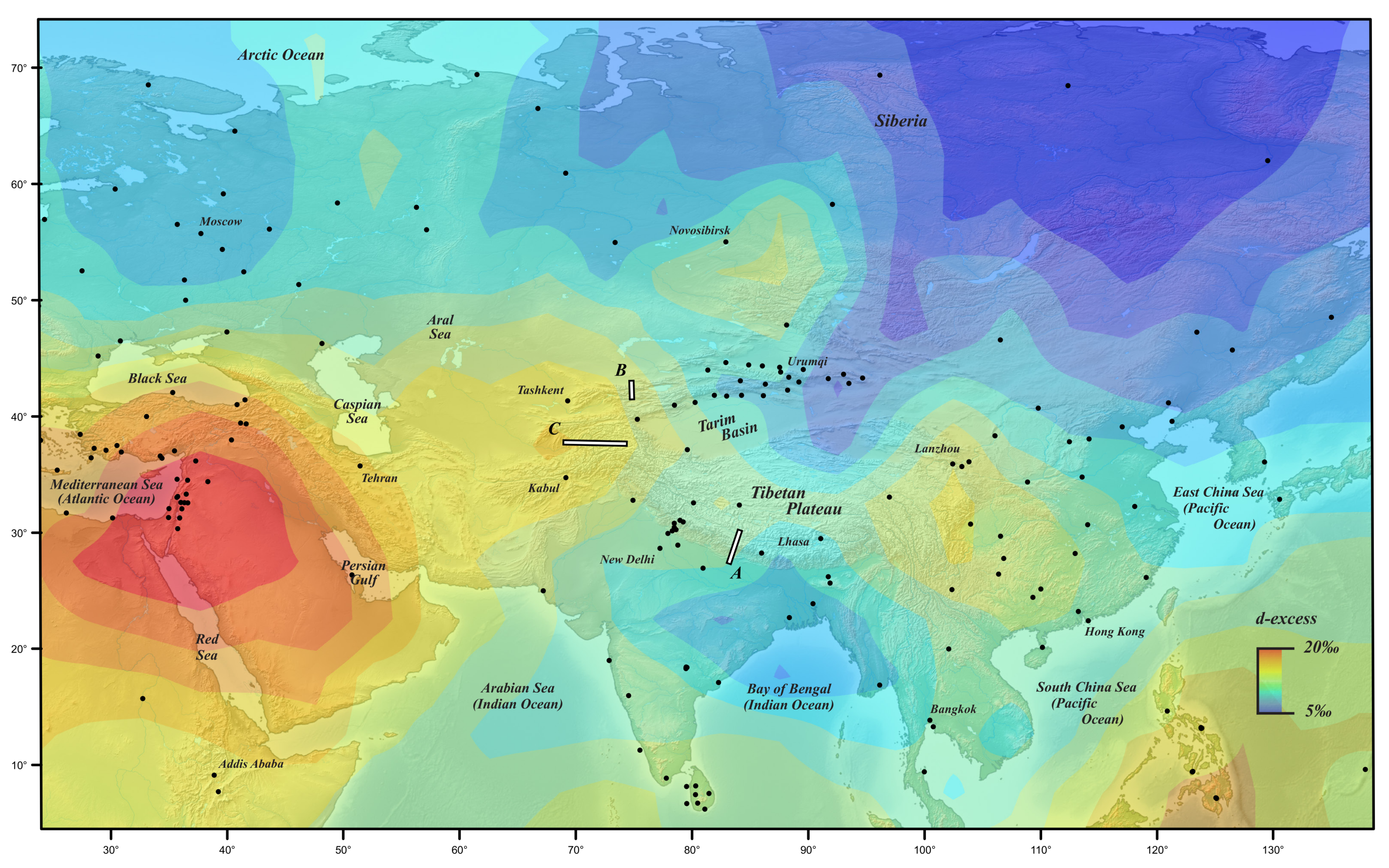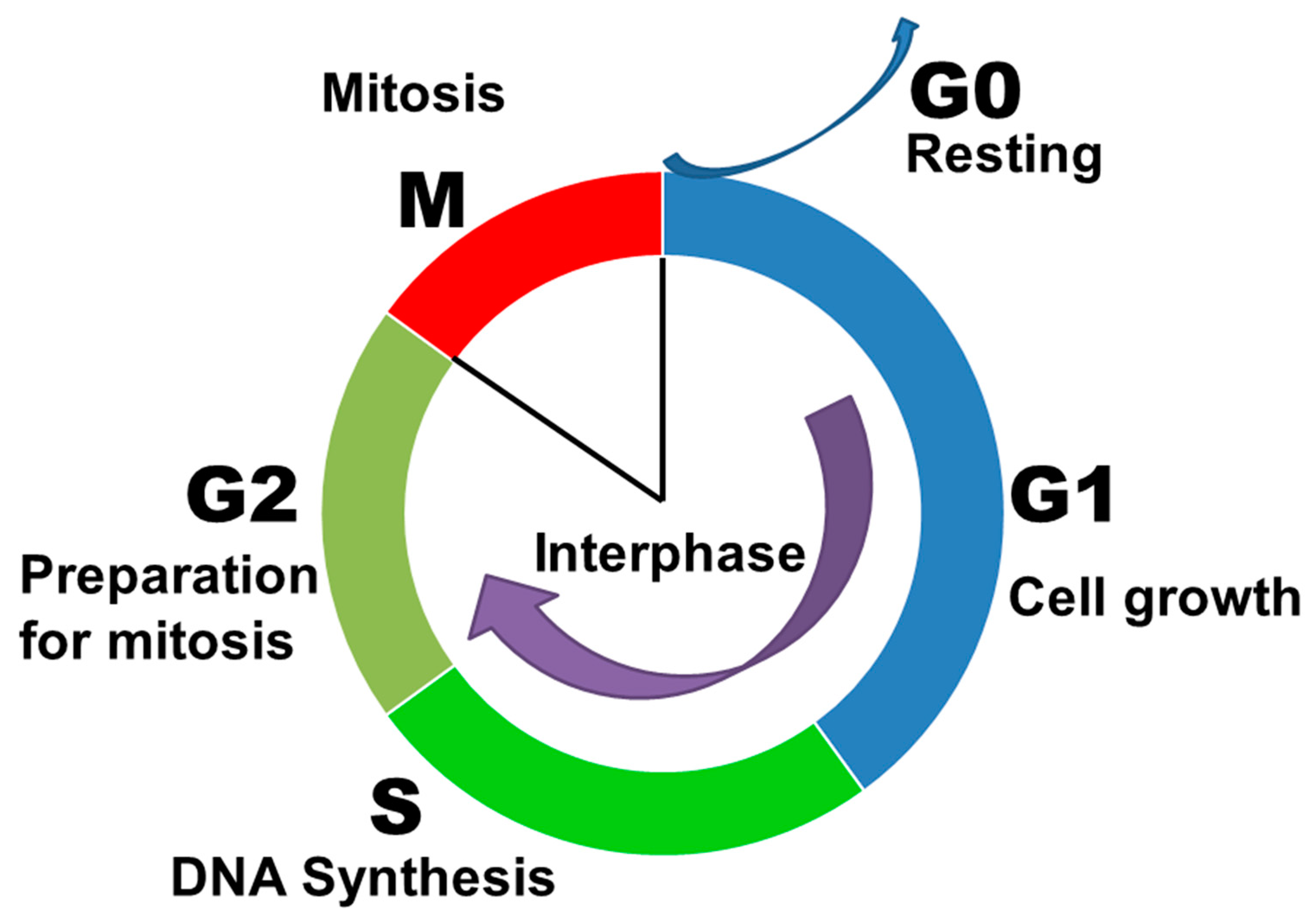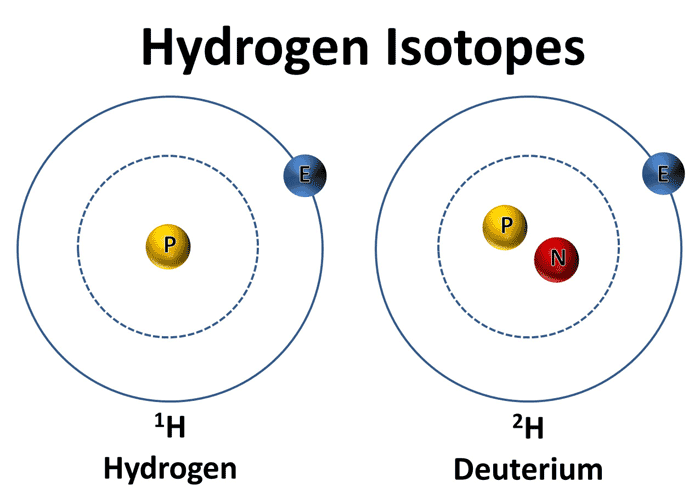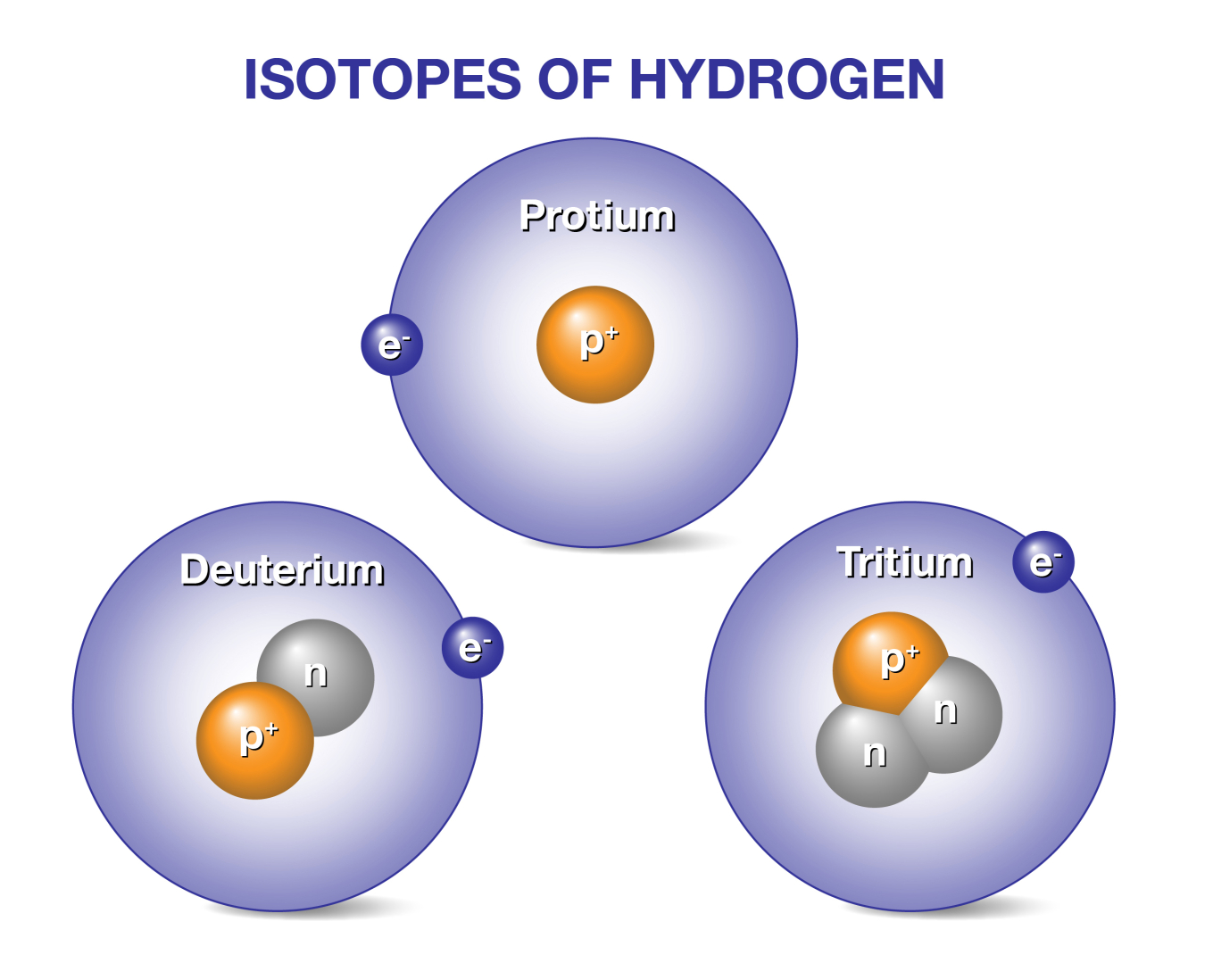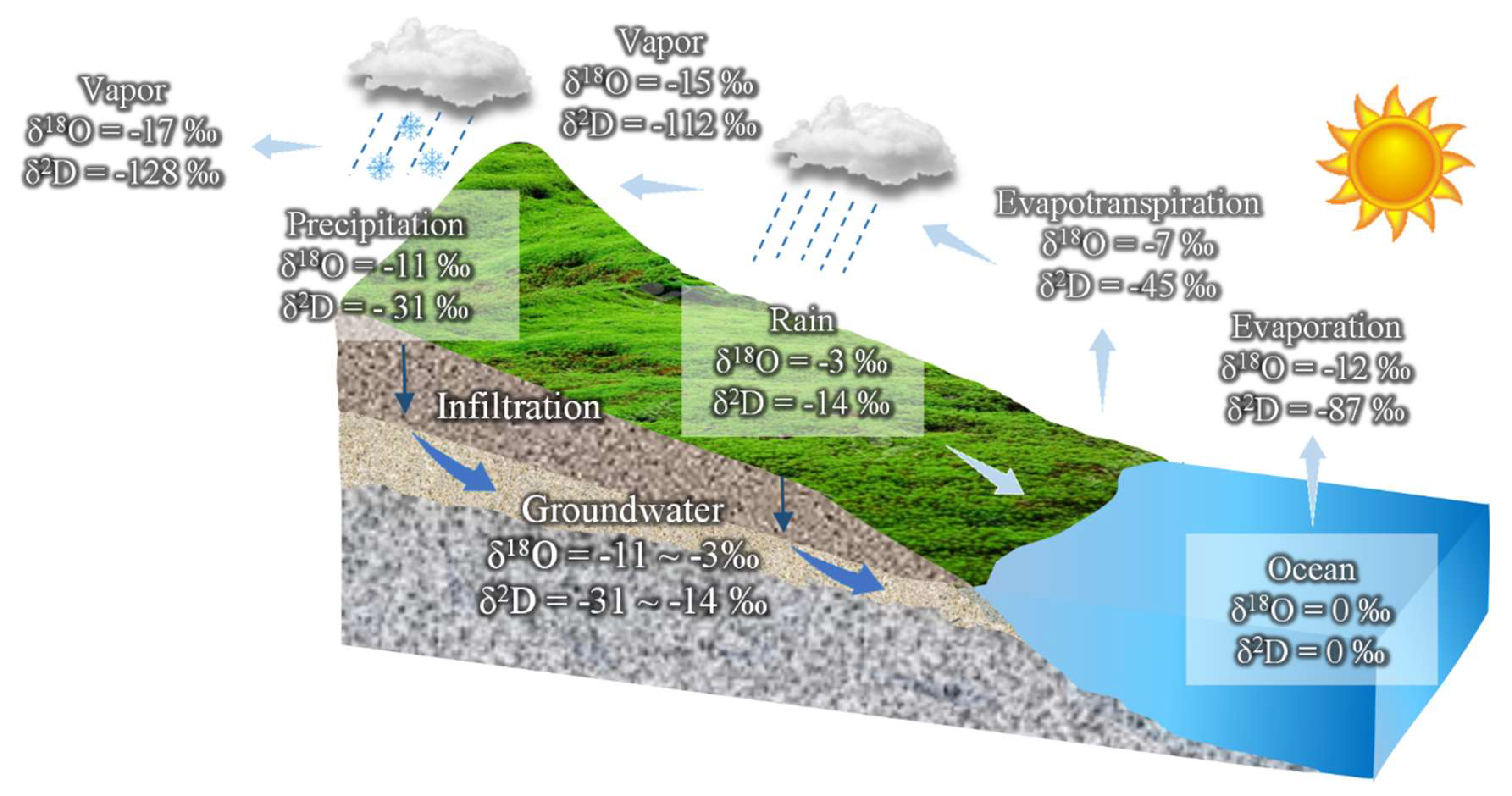
Water | Free Full-Text | Stable Isotopes of Water and Nitrate for the Identification of Groundwater Flowpaths: A Review
Is heavy water always composed of two deuterium atoms and one oxygen atom? Is there a form of water that has one hydrogen atom and one deuterium atom? If not, why not? -
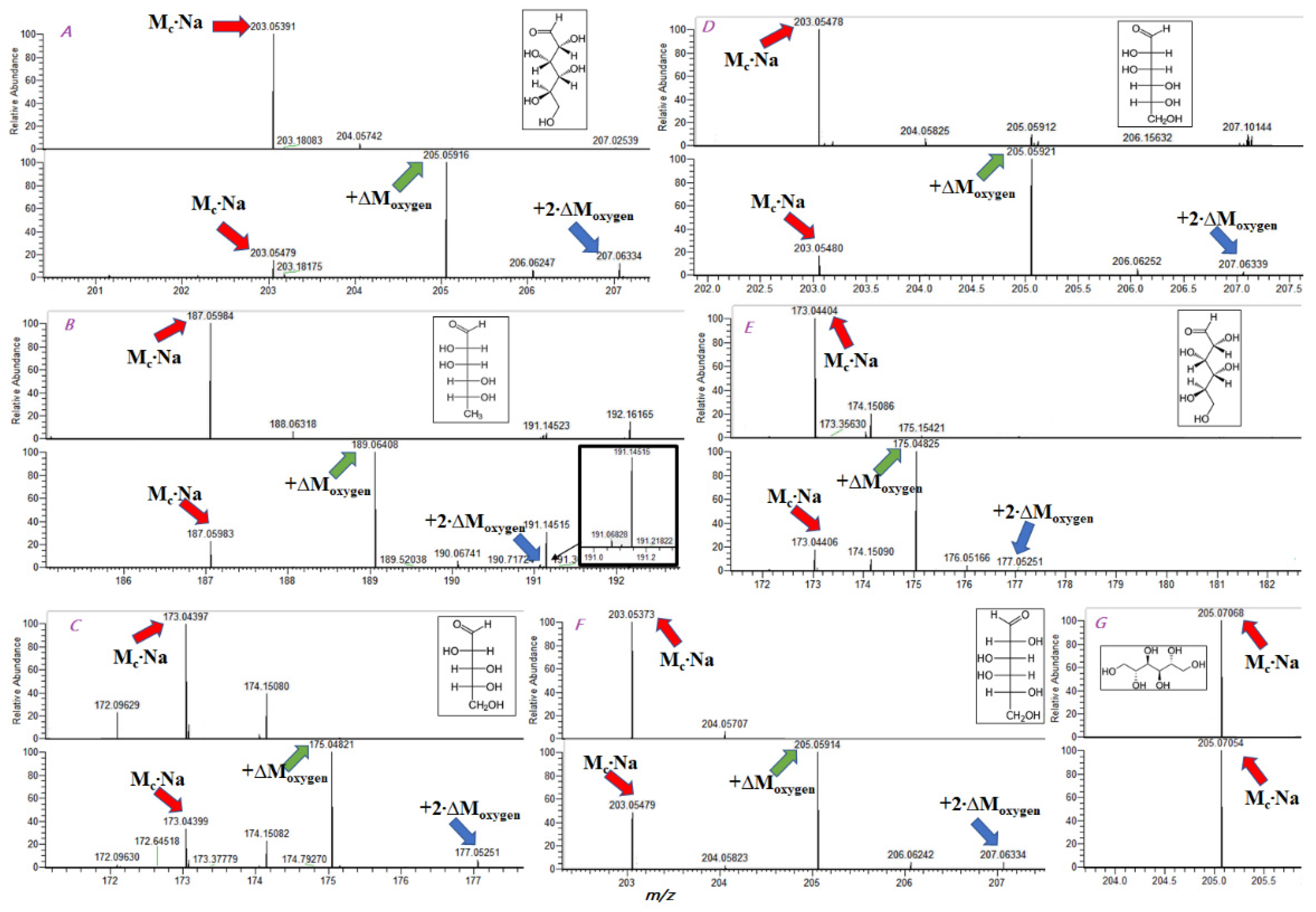
IJMS | Free Full-Text | Analysis of 16O/18O and H/D Exchange Reactions between Carbohydrates and Heavy Water Using High-Resolution Mass Spectrometry
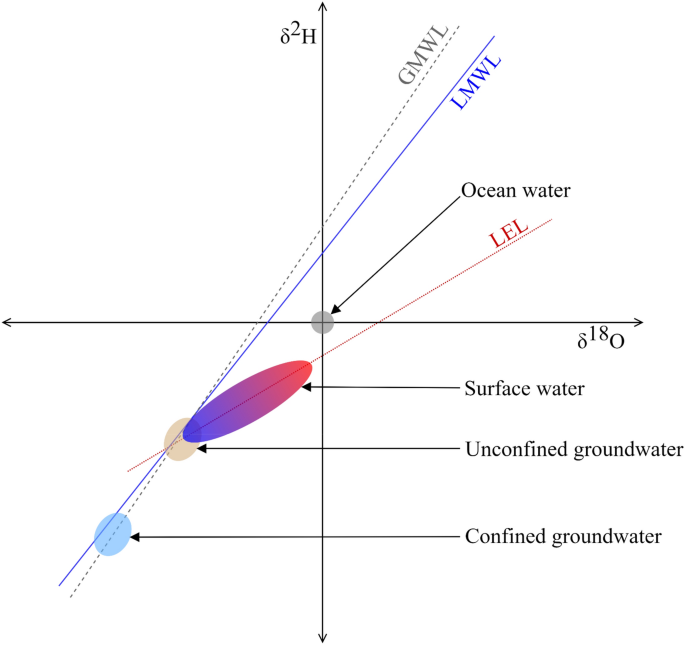
Seasonal variation in tap water δ2H and δ18O isotopes reveals two tap water worlds | Scientific Reports

Direct oxygen isotope effect identifies the rate-determining step of electrocatalytic OER at an oxidic surface | Nature Communications
